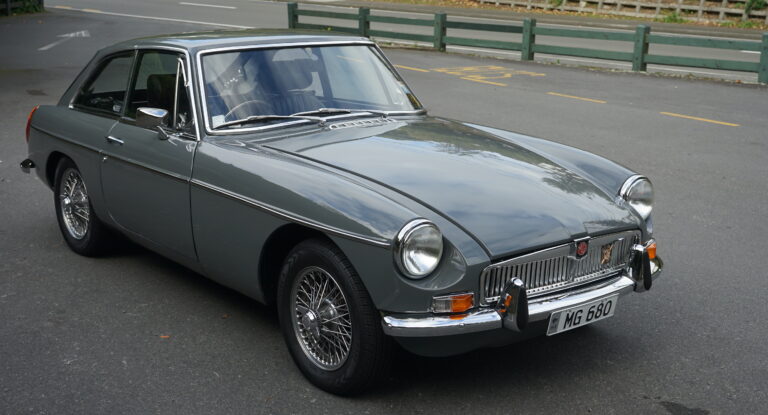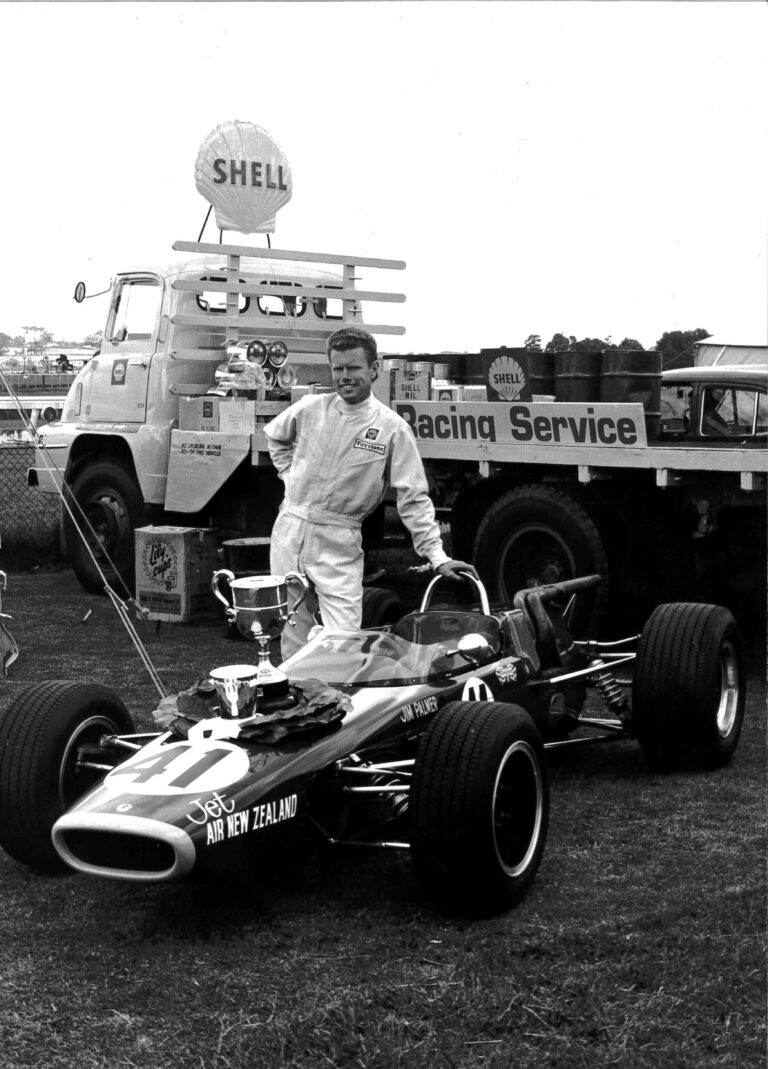data-animation-override>
“Some are good … some are not so good”
New Zealand Classic Car regularly features articles on car clubs and, if a reader had never belonged to one, or, rather, while belonging to one never actually attended any events, then most of the articles might suggest they were missing out on something by not belonging to that club, or, if a member, they were missing out on something by not attending. All clubs need members to function properly — and this is especially true for car and motorcycle clubs.
However, the first car club I joined was a disappointment and, in fact, put me off car clubs in general for some considerable time.
Back in the ’60s, I found an extremely rare 1926 Cleveland in a ramshackle garage just off the East Coast Road in Auckland. The owner was a bit weird, but said I could have the car for £30. At the same time, I was in the process of joining a car club and had to go along and be interviewed by the committee. One of the committee members asked me if I had a car, and I related the story of the soon-to-be-mine Cleveland. I was then asked where it was. Being extremely naive, I gave them the address, and then, when I went with a friend and trailer to uplift the car, it had gone. The owner said that someone had come a couple of days earlier and offered him twice as much, so he’d let it go. Needless to say, I did not join that club. Later on, I saw the car for sale in exactly the same condition as it was when I had seen it — put up for sale by one of the committee members of the club I had wanted to join.
Register that!
In 1978, I owned three Zephyr MkI convertibles, and the register I started in 1975 indicated around 45 survivors in New Zealand. With the advent of other Zephyr car clubs, I was able to source more information about them, and identified more cars for the register. The original owner of my first convertible — who also owned four other convertibles — died and, not long after his death, someone stole one of his convertibles. At the time, I had good contacts in the New Zealand Police, and I arranged for that car’s details not to be deleted from the record of stolen cars. A member of one of the car clubs seemingly had a convertible but managed to evade my requests to see it to obtain details for my register. This was interesting, because every other person I contacted was more than happy to provide information and photos.
Blow me down, while I was attending a Pukekohe swap meet, in came a car and trailer carrying a MkI convertible. I recognized the car immediately. The fellow selling it had bought it off — yes, the car-club member who had apparently had a covertible but hadn’t let me see it! The car was returned to my friend’s widow and, when I last heard of it, it was in Whangarei.
Typecast
Over time, I gained the impression that car clubs have a variety of types of members. First, there are the enthusiasts — they probably had their cars before they knew there was a car club for that model, and probably will own them long after the club ceases to exist. Then there are the owners who knew very little about their cars before they bought them, and would sell them at the drop of a hat if the price was right. Finally, there are the posers who once saw the attention someone was getting with a similar car and decided that that was the model to own — they only drive their cars to shows, preferably with trophies.
I belong to a few car clubs and a motorcycle-racing club. I’ve been in one club for some 20 years, and, after all that time, the only people I know in it are those I have met other than through the club. I don’t want to sound pessimistic, but my experience of clubs over the years has shown me that people belong to clubs for various reasons, not the least of which is to access spare parts. I have seen the spare-parts issue cause many divisive club conflicts over the years.
Active encouragement
I was probably getting to the point where clubs had outlived their usefulness to me, when I decided to venture into classic motorcycle racing to have fun restoring and riding an old classic bike. I joined Classic Action Motorcycle Sport here in Christchurch about three years ago, and started upon my two-wheeled project.
I had my first club outing in November at Ruapuna — what a great bunch of guys! Not only did everyone make me, together with seven other newbie riders that day, feel welcome, but we all got active encouragement and advice throughout the day from everyone. I wondered why I had not hooked up with these guys before. I got over being passed by a 14-year-old potential Casey Stoner in one of the races (OK, I got passed by everyone), but I will be writing a tersely worded letter to Mr Suzuki in Japan, because the 64 kilometres I got from the single tank of avgas wasn’t anything like as economical as his sales brochure claimed back in 1973! But I will say, it sang down the back straight at 8000rpm.
At the end of the day, the club president et al. came and said goodbye to me, and all asked if I’d be back. You’re kidding mate — when’s the next meet? Not for another couple of weeks? I can’t wait that long!
This is one club that has scored another enthusiast member, and I’m sure there will be more. You didn’t have to be out on the track to enjoy the atmosphere.
Some clubs need to think about why some members don’t go to any events. What’s the point of having 1400 members when only 50 or 60 attend them? If a new member comes along to a meeting, run, or other event and is ignored or otherwise made to feel unwelcome, they will not be back.
Illustration: Steve Richards


